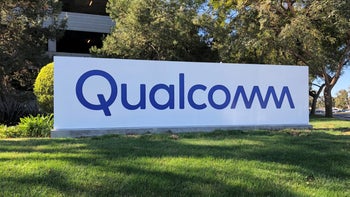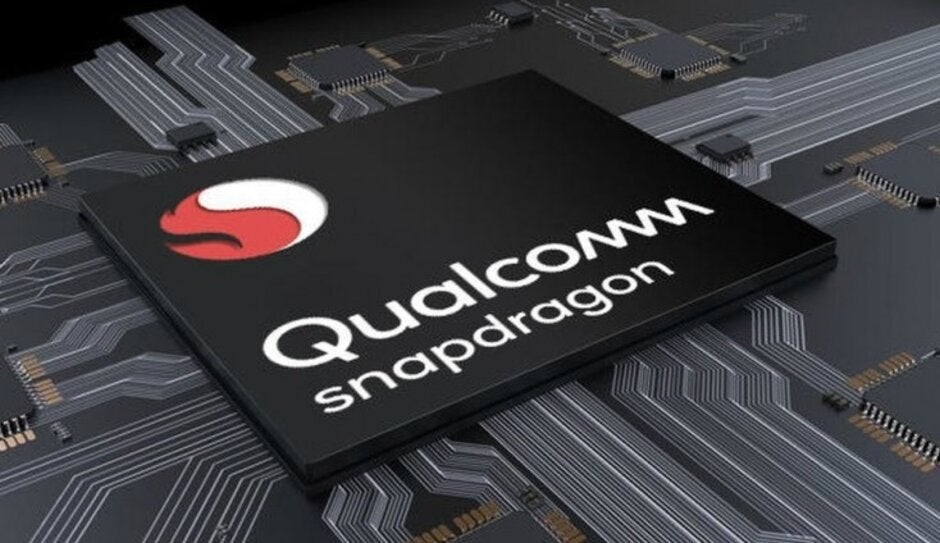Is the fix in? Trump administration's DOJ seeks to reverse ruling against Qualcomm

This Thursday, two different U.S. regulatory agencies will take each other on in court over Qualcomm. Both the Justice Department and the Federal Trade Commission are supposed to protect U.S. consumers from companies that violate antitrust regulations. According to the Financial Times, the DOJ (which is run by Attorney General William Barr) is taking Qualcomm's side while the FTC tries to prevent the court from overturning a major victory it won over the chipmaker last year.
After a bench trial that was heard in January 2019, last October Judge Lucy Koh ruled in favor of the FTC and against Qualcomm. Judge Koh found that many of Qualcomm's actions violated antitrust law. The company is known for its "no license, no chip policy" and it also charges royalties based on the retail price of a phone rather the price of the component used by the manufacturer. The firm also refused to license standard-essential patents to rivals; companies looking to meet certain technical standards with their products need to license these patents which are why they are supposed to be licensed on a fair, reasonable and non-discriminatory (FRAND) basis.
The FTC notes that it is unusual for the DOJ to get involved in a case like this
The ruling could cause Qualcomm to change the way it sells chips to manufacturers, but the case will first go through the appeals process. Qualcomm was able to obtain a stay which puts Koh's decision on hold until the appellate process is over. The chipmaker was able to receive the stay because it did not want to be forced to renegotiate its contracts, win on appeal, and renegotiate the terms again. There is plenty at stake for Qualcomm. If it does lose its appeal and is forced to rework its contracts, the company claims that it won't have as much money for R&D.

If Qualcomm loses this case it will have to change the way it sells chips to phone manufacturers
The unusual twist taking place here is the involvement of the DOJ. While the FTC argues that Qualcomm has violated U.S. antitrust law, the Justice Department says that U.S. national security is at stake because of Qualcomm's involvement in producing chips that support 5G. This is the argument being made by the DOJ's antitrust chief Makan Delrahim. Brookings Institution fellow Bill Baer said of the DOJ's involvement, "This is not just unusual, it’s more directly confrontational than anything I’ve ever seen." And Baer should know as he headed competition enforcement at the FTC and DOJ under Democratic presidents. The FTC itself is aghast that the DOJ is taking Qualcomm's side complaining that the agency's involvement gives Qualcomm the chance to escape "any financial consequences for violating the antitrust laws." Qualcomm itself says that phone manufacturers "negotiate hard" and that the company needs to protect its patent rights. The firm also said in a filing last December, "There is no basis for the FTC’s attempt to recharacterize this common bargaining between sophisticated companies as federal antitrust violations."
With the U.S. concerned about China's lead in 5G, the Justice Department argues that Qualcomm should be allowed to charge "unreasonably high" prices under U.S. competition law. Otherwise, the DOJ says, Qualcomm wouldn't have any incentive to innovate. In the lawsuit, Qualcomm's attorney wrote that if the company were to lose this case to the FTC it would negatively impact U.S. national security by "potentially undermining US leadership in 5G technology and standard-setting, which is vital to military readiness and other critical national interests." This argument is not new. In 2018, President Trump signed an executive order that blocked Broadcom's $117 billion bid to buy Qualcomm because the acquirer was a foreign company at the time the transaction was announced.
The suit was originally filed in 2017 before Trump was inaugurated. The FTC's five-person board had only three members at the time and by a 2-1 vote, the decision was made to take action against Qualcomm. But not all FTC members believe that Qualcomm is guilty. Republican commissioner Christine Wilson last year wrote in the Wall Street Journal that the district court ruling was "far outside the mainstream." She added, "I encourage higher courts to reconsider the wisdom of the judge’s conclusions."
When this is all sorted out, Qualcomm will either be allowed to continue operating as it has for years, or mobile phone manufacturers will get to change the way they purchase the chips that they need from the company.










Things that are NOT allowed: